Nigeria
Nigeria's ruling APC party has won a majority of governorships, including in the powerful city of Lagos, after more than two-thirds of the votes were counted in local elections held in the wake of the presidential election and marred by violence and irregularities.
Africa's most populous country of about 215 million people voted on Saturday to elect more than 900 state assembly representatives and governors in 28 of the 36 states.
The polls came three weeks after the presidential election, which was won by ruling party candidate Bola Tinubu and deemed fraudulent by the main opposition parties.
According to the results in 23 states, released in dribs and drabs by the Electoral Commission (Inec), the presidential party APC won governorships in 15 states, while the main opposition party (PDP) won in seven states and the small NNPP in one state.
Governors are very powerful in Nigeria. Some governors have budgets for their states that are larger than those of many African countries.
In the February 25 presidential election, one of Mr. Tinubu's rivals, Labour Party (LP) candidate Peter Obi, caused a stir by coming out on top in Lagos, which is considered the new president's stronghold.
But at the national level, Mr. Obi finished third, behind Atiku Abubakar of the People's Democratic Party (PDP). The two unsuccessful candidates disputed the results.
The LP and the PDP claim that technical failures allowed manipulation in favour of the APC candidate, which the electoral commission refutes.
Incumbent President Muhammadu Buhari will step down in May after two terms marked by an explosion of poverty and insecurity in Africa's most populous country.
At stake on Saturday was whether Obi's rising popularity, especially among the youth, would be felt in the local elections.
But his party has so far failed to win any governorships and in Lagos, incumbent APC governor Babajide Sanwo-Olu was re-elected by a landslide.
The Centre for Democracy and Development (CDD), which observed the elections, noted a "trend of discouragement" in some parts of the country following the presidential election.
The elections were also marked by "multiple incidents of violence and intimidation that interrupted the voting in various places," the European Union (EU) observer mission said Monday.



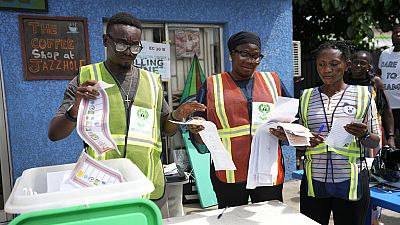

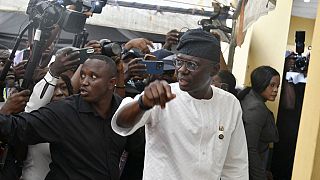
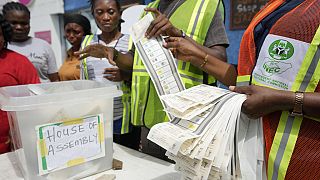
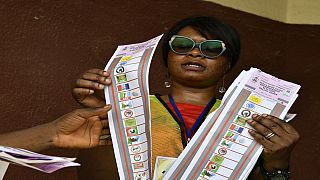
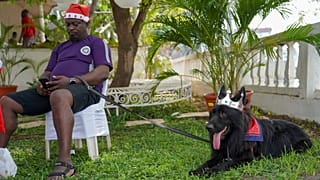
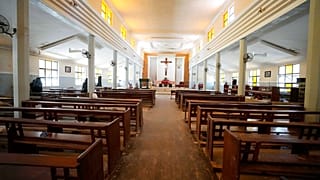
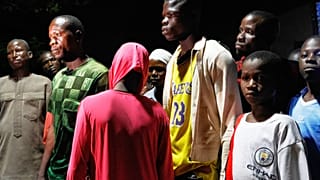
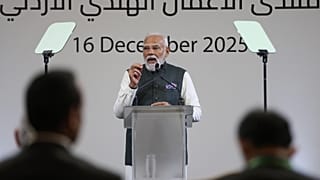
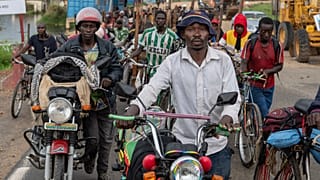

01:00
Central African Republic prepares for critical elections amid persisting instability
01:04
Ethiopia to hold general election on 1 June 2026
01:13
United Nations decries crackdown on opposition ahead of Ugandan elections
01:15
Guinea-Bissau's electoral commission says its unable to finalise election results
00:55
Guinea-Bissau: Presidential candidate seeks asylum in Nigerian embassy
01:05
ECOWAS delegation in Guinea-Bissau for talks with coup leaders